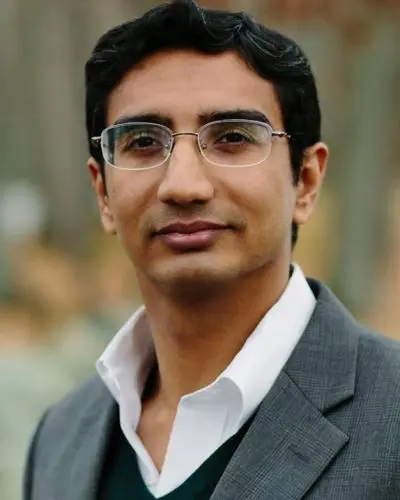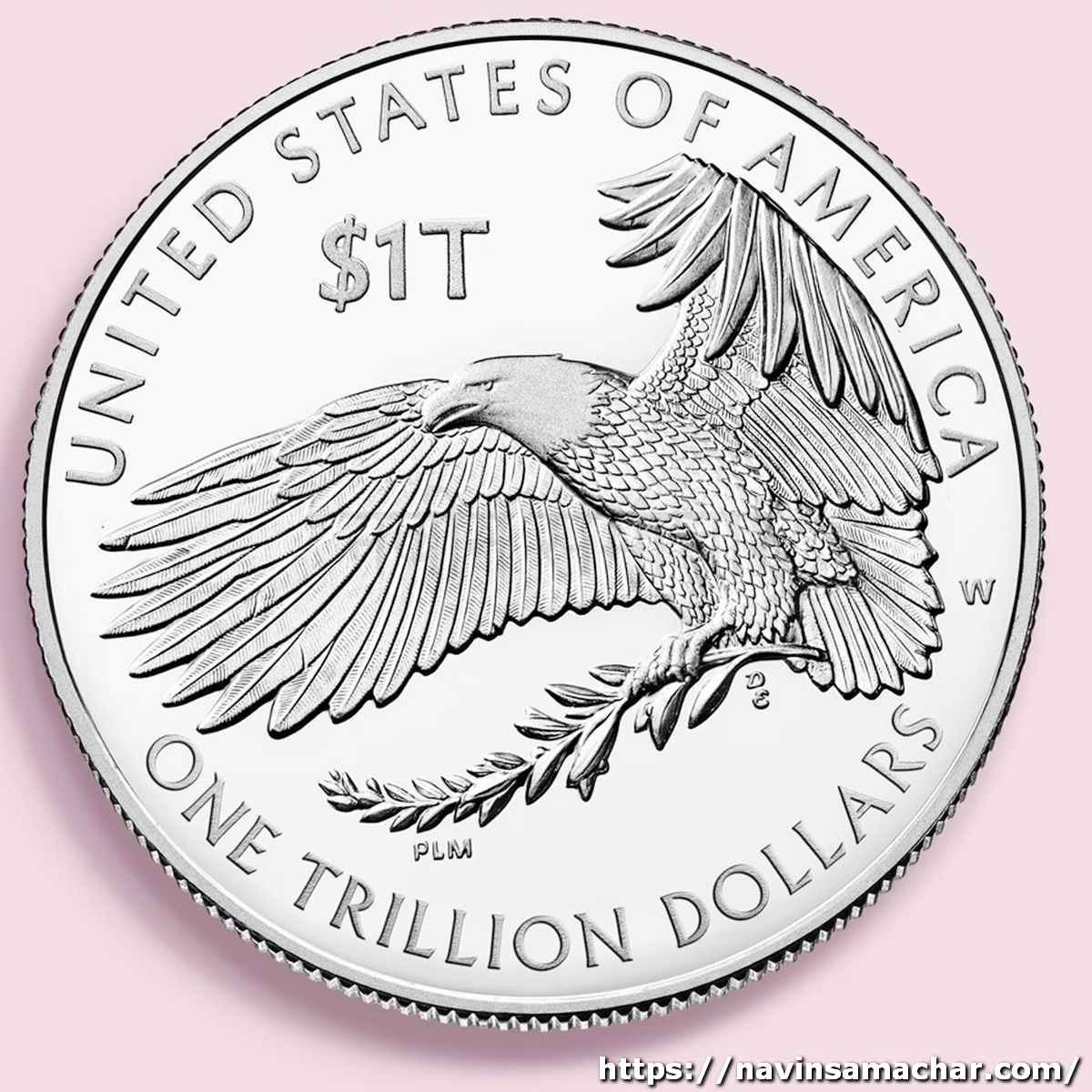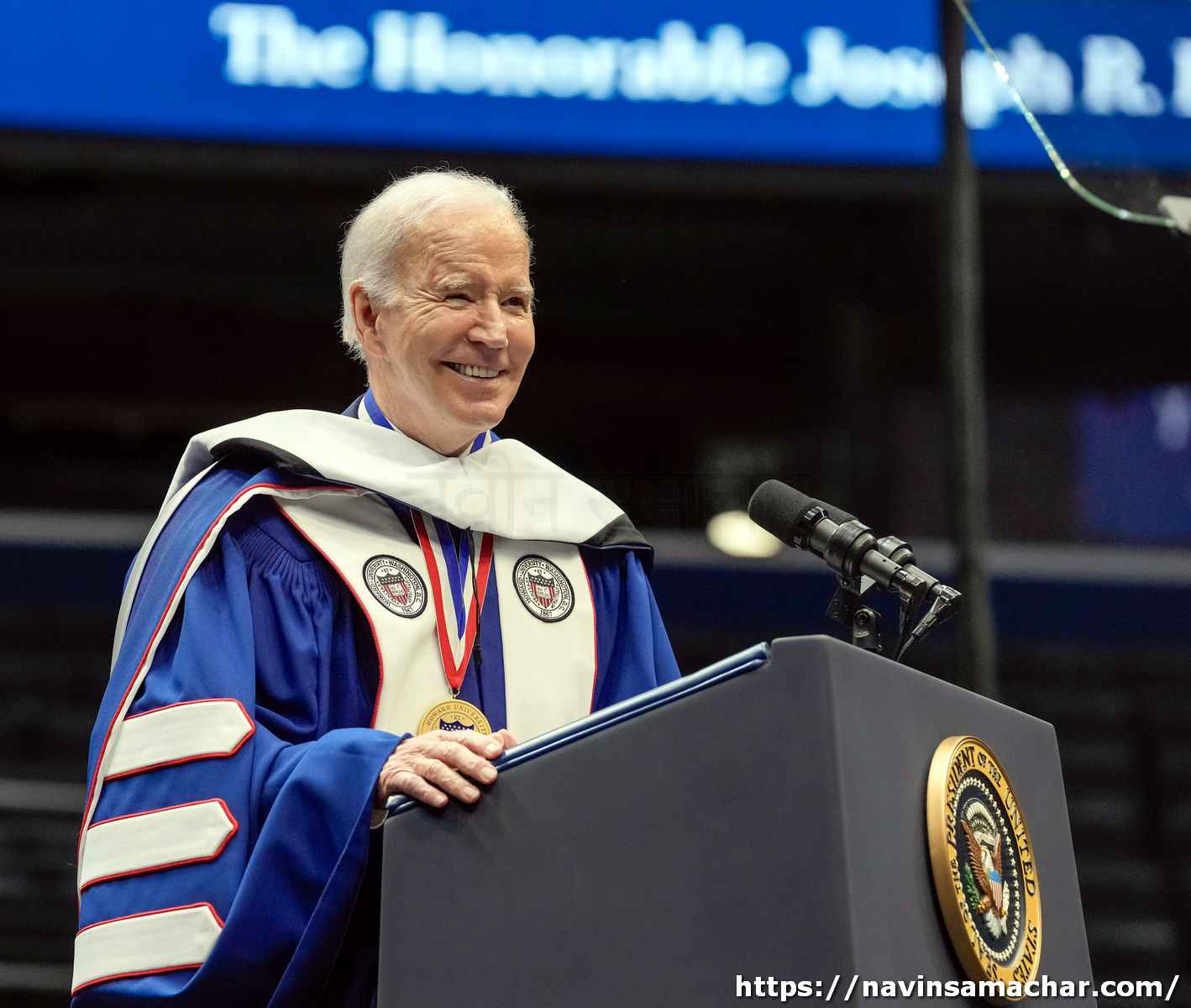Dr. Navin Joshi, USNews, 27 March 2023. Dhruva Jaishankar, executive director of ORF, America chapter, and a non-resident fellow of Australia’s Lowy Institute at the recently held Raisina Dialogue in New Delhi. In a free-wheeling chat, elaborated on India-US relations, endgame of Ukraine war, Taiwan conflict scenarios, questions over Quad’s securitization and more. The interview has been represented in full.
 Ahead of the G20 foreign ministers’ meet earlier this month, the prime minister in his inaugural remarks said “multilateralism is in crisis” and “global governance has failed”. It seemed that Narendra Modi was requesting the foreign ministers to focus on the core agenda — the problems that plague the Global South. How do you think his appeal went? Is this a persistent problem that India will face as the G20 chair?
Ahead of the G20 foreign ministers’ meet earlier this month, the prime minister in his inaugural remarks said “multilateralism is in crisis” and “global governance has failed”. It seemed that Narendra Modi was requesting the foreign ministers to focus on the core agenda — the problems that plague the Global South. How do you think his appeal went? Is this a persistent problem that India will face as the G20 chair?
Yes, he seemed to be channeling a very common theme in the Global South. We have had a series of crises and from the point of view of many, at least in some ways, India has coped better than many others. But the West didn’t care about vaccines for us, they cared only about themselves. They didn’t care about food security for us, neither did they care about our energy security when the Ukraine war broke out. So suddenly, now you’re asking us to support a vote here or vote there… So, there’s a lot of anger. That anger is directed both at the West but also actually Russia. This idea that let’s find a way to end the war as soon as possible is a very common cry now in Africa or Latin America. Basically, not a single country in the Global South has signed up to completely to US-led sanctions against Russia. The conference that the Modi hosted in January, Voice of the Global South summit, channeled that frustration. I think that was reflected in his remarks. So far what we see with both the finance ministers’ meeting in Bangalore and with the foreign ministers’ meeting in Delhi, the appeal is likely to fall upon deaf ears.
We have a deadlock when it comes to joint declarations in multilateral summits. Do you think what happens in the battlefield of Ukraine will ultimately be the decider?
I think it will certainly shape the environment at the negotiating hand that all parties have. On the one hand, you have Russia and China that are pushing sometimes for no inclusion of Ukraine in G20 statements. On the other hand, you have the US and its allies… NATO allies plus Japan, South Korea and Australia, who want more explicit condemnation of Russia. And you have other countries, India, Indonesia, Saudi Arabia, South Africa, Brazil, Argentina that are in the middle. This, I think, is where it’s playing out. Ultimately what happens on the ground will determine the negotiating position of all parties.
What in your assessment is likely to be the endgame of the war?
War is politics by other means, famously said. It will ultimately determine the political position of the various actors. If Russia manages to gain more ground in Ukraine this summer, especially this year, they will obviously feel more emboldened. If they suffer setbacks on the battlefield, obviously their position will be weakened and that will lead to their greater isolation and the greater dependence on China. From India’s point of view, it’s less who wins or who loses, but that you have an early conclusion to this conflict. That’s the key. At this point of time, neither Ukraine and its supporters in the West, nor Russia and its backers see the status quo as optimal and both think that they can make gains this year.
At the Raisina Dialogue, Russian foreign minister Sergey Lavrov was asked why isn’t Russia open for negotiations? He replied that it is not Russia but Ukraine who will not come to the table unless they have total victory over Russia. Lavrov said that if the West thinks this is existential for them, so it is for Russia. From that point of view, will this be a fight till the end?
It’s a very difficult predicament. Anything short of Ukraine completely regaining its 2014-controlled territory and possibly even pre-2014 territory, Crimea and the Donbass would be seen as a failure on Ukraine’s part. Anything shorter than that would be seen as a failure on Russia’s part and would have implications for domestic politics in Russia. So, you have a very zero-sum view on both sides now. For Ukraine it’s a war of national integrity. For Russia, not winning is would be a huge embarrassment for Putin.
Could it also be the end of Putin?
It would be a major setback. His reputation is on the line.
One more question was thrown at Lavrov about Russia’s energy interests post the war. Lavrov said our dealing with the West over energy is finished. We will have newer partners. And we promise to be more stable partners with them. So how do you see India’s energy sourcing being altered from this point onwards?
This will be determined by commercial considerations. China and Russia are building a lot of pipelines between each other. Russia previously had a lot of pipelined gas to the West, to Europe. So, if that is finished, the most likely scenario is the dependence on China will increase. With India, because of geography, you don’t have any direct pipelines from Russia to India, which makes Russian energy very expensive from India’s point of view. Much cheaper to get from the Middle East, from the Gulf and from other sources, even Nigeria, Angola, Venezuela… So, I think commercial considerations will over time limit the Russia-India energy relationship. It was about two and a half, 3 per cent of India’s oil imports before the war, it will likely return to something close to that. The other aspect is that oil, in particular, operates on global markets. So Russian oil exports is quite fungible. If there’s a greater glut in the overall oil market, obviously prices will come down. It puts Russia in a bit of a dilemma… Right now it works to sell to India because they can offer steep discounts, but is that sustainable in the long run?
The India-United States partnership has covered incredible distance under Biden. Recently Washington declared India as the global strategic partner. And yet accusations of religious intolerance, human rights violations are regularly raised against India. Along with that, ill-informed, hostile, ideologically motivated articles in American media shapes public narrative here. Many Indians believe that no matter what the USG might think, there is a section within the Washington deep state which wants to check the progress of India-US ties. Do you buy this? Do you think this may harm bilateral interests?
I think it can shape and it has shaped the narrative to a certain extent. There was a survey that came out quite recently which asked the Indians which country is the biggest challenge? And of the countries listed, I think Pakistan was not amongst the options… China was number one, but the U.S. was number two. A distant number two. That shows that in the popular consciousness — not the majority of Indians have this view of the US— but certainly a growing minority appears to have a skepticism about the US, not for any other reason, but for some of the issues you mentioned.
What is behind it…? It’s a combination of factors. One is, you have certain bodies in the US whose job it is to discuss human rights around the world… and that is all they’re focused on. They put out regular reports, including at the (US) State Department and religious freedom being one of them, but there are many other issues and India often features quite negatively in that.
Some of it is not specifically India-oriented… They have longer sections on China and Pakistan, Israel even, which is another close US partner. But India is certainly mentioned often. These reports get picked up in the Indian media because they’re public and get amplified.
Second, I think there’s just often a lack of understanding in the U.S. and this is true also in Europe, about Indian politics, and society. Sometimes the history and the complexities of it, and a lot needs to be done to… better understand some of the nuances of Indian society. And India’s a complex, pluralistic society. Sometimes that nuance is lost and gets caught up in specific interests. Some of it has to do with the Indian diaspora. The Indian diaspora have their own views and we are seeing the sometimes the politics of some of these countries overlapping.
On the deep state, I would actually differ with you a little bit… if anything the deep state in the sense of the security and intelligence community is less concerned about these issues. They would much rather like to see more cooperative partnership… But there are people in the US State Department and in Congress for whom human rights is the be all and end all of US foreign policy. My expectation is we’ll continue to see reports from State Department, comments or hearings from Congress, but I wouldn’t overread that as representative of the US polity at large.
How does the US allay fears in some Indo-Pacific nations and also India that it is getting distracted by its war against Russia? What happens if China simultaneously makes a move on Taiwan?
I don’t see it as that big a problem. It is an issue. Some of it is about short-term versus long-term. If you look at the long-term strategy documents, policies and resource allocations, they are quite focused on China. Look at the CHIPS Act. The US commerce secretary has said it’s a ‘national security’ legislation, for example. Very much directed at China. Or take the establishment of a special House Committee on China. Every US strategy document lists China as the number one challenge. The long-term is taking shape already. Short term, next year or two, obviously a lot of resources are being focused on Ukraine, particularly competition with Russia.
Also, the assets the US needs to deploy militarily are very different. The Pacific is much more maritime focused. It’s about denial. Whereas Ukraine is about tanks, artillery. So that’s less zero-sum. There’s a little bit of overlap. Javelin anti-tank missiles is something both Taiwan and Ukraine want. There’s very limited supply, but by and large, you know, naval assets will be dominant in Taiwan.
The one issue that has frustrated the INDOPACOM a little bit is bureaucratic attention, and the other is financial — budgetary resources. So that is a little fungible and there is a short-term, long-term trade-off there. Ammunition is also an issue but that’s about getting the US industrial base motivated… When World War 2 broke out the US did not have any industrial strength to wage a long-term campaign and all that came up within one or two years. So, I think that realization has picked up now.
If anything, a lot of Americans see Russia China relationship as linked. So, the US can’t afford to not be a presence in Europe and the Indo-Pacific. The closer the Russia-China cooperation, even if it is short of China providing military arms, the US has no choice but to be present in both theatres. The one thing is you’ve seen a retrenchment from West Asia. That has freed up some assets.
What do you think the US requires of India if war does break out over Taiwan?
I don’t think India has the same obligations or history with Taiwan that the US has and sometimes there is a very America-centric view of the world. They have a very… deliberately ambiguous ‘One China’ policy and certain obligations to Taiwan’s security commitments. There’s sometimes an expectation that everybody else has that. India has a very different One China policy. New Delhi’s relationship with Taiwan is not the same as Washington’s. In fact, we even have some differences with Taiwan. That said, I think there is an understanding that any cross-strait conflict will have very direct implications for Indian security and trade. There’s a need to understand India’s position, on which unfortunately very little effort has been made on the US part… In government a little bit, outside of government even less so.
What would India do? The short answer is no direct involvement in the Taiwan scenario, in the way that Japan will be directly involved, possibly Australia, but are there things that India and the US could do together? Say in the Indian Ocean? For example, coordinating on naval logistics…
What about giving access to Indian bases?
That would be a political call to make. After 9/11 India did allow the US to do some refueling. The relationship was much less developed, but that was a political call made by the government of the day. You can’t get into specific scenarios like that, but will India play a direct role in the Taiwan conflict? I highly doubt it and I don’t think that expectation should be there in Washington. But are there things that India US could do or Indo Pacific security in the context of the conflict? Possibly.
The suggestion refuses to die down, from many quarters including some Indian analysts, that India is hampering the securitization of Quad. That’s why Australia has AUKUS, Japan has a treaty but we don’t have anything. Do you agree? Or do you think securitization is not what is needed of Quad?
If you look at the security relationships, they’re only growing. One thing to keep in mind is Japan and Australia are treaty allies of the US They are dependent completely on America for their security in the way that India is not, nor India would want to be, nor India should be. So, India isn’t doing AUKUS because we don’t have the same kind of relationship with the U.S. as Australia has. Canberra has fought in every war with the U.S. for 75 years, and they need a nuclear propulsion in a way that the US could provide…
So, sometimes there’s a false equivalence drawn… But the concerns about explicitly defining the Quad as a security relationship — and some of it is a difference of public messaging versus private — are also regarding fifth countries… in Southeast Asia, in South Asia, in the South Pacific, where they are very concerned about what they see as a block type architecture emerging. They will become more reluctant to engage with the Quad if it is seen as a very explicit security grouping.
No matter how many times you talk about ASEAN centrality.
They’re concerned about that. Now the fact is, a lot of what the Quad is doing, even if it is not explicitly security, has very big significance for security. So maritime debate awareness is a good example. Humanitarian assistance and disaster relief (HADR), cybersecurity… So, you have working groups on all of these issues that are quite secure, tied in very closely to the security of the four countries. Australia is hosting the Malabar exercise. It’s not officially a Quad issue, but you see quadrilateral cooperation on security… not to mention all the bilateral security exercises. So, I think that this is a somewhat false narrative that takes place. Some of it is about public messaging. Some of it is about assuaging concerns of other countries. But I don’t think analysts should necessarily buy that hook, line and sinker, and they should look more at what is actually being done. Looking at what Quad is doing than what it is saying, is sometimes more revealing.
Final question. India is in a sweet diplomatic spot. It enjoys a working relationship with Russia, Europe has also come around to understanding New Delhi’s position better, and the US has been understanding of India’s position from the start. So, my question is, how do you see this pan out as the war continues and losses pile up?
I think the understanding with the West will improve with time. The criticism is less today because the understanding has grown. Initially the objective of western sanctions was to try and punish so Russia severely that it leads to a swift end to the conflict. Now there is a realization that this will be a long drawn-out conflict and in that sense, Indian purchase of oil is helping to stabilize global oil prices. In turn, it is helping Europe wean itself away from Russia. So, inadvertently India is actually playing a helpful role… Then you also see India’s mediation whether it is at the G20 or at the UN… So, I think with that over time that understanding will only grow, not lessen.
My concern is over India-Russia relationship. The longer the conflict drags out, the longer the Russia-China relationship gets closer, that puts India in a more difficult position given the continuing dependence by India on Russian defense equipment, and also from a geopolitical point of view, the need to keep Russia, the relationship with Russia, on a positive footing… India is going to resist having to make choices between Europe and Russia. But India will be concerned if Russia becomes more dependent on China. If there is, for example, a China-India conflagration. How will Russia respond to that? And will Russia be in a position to say, go to China? These are questions that I think should be talked through a little bit. Courtsey : First Post




